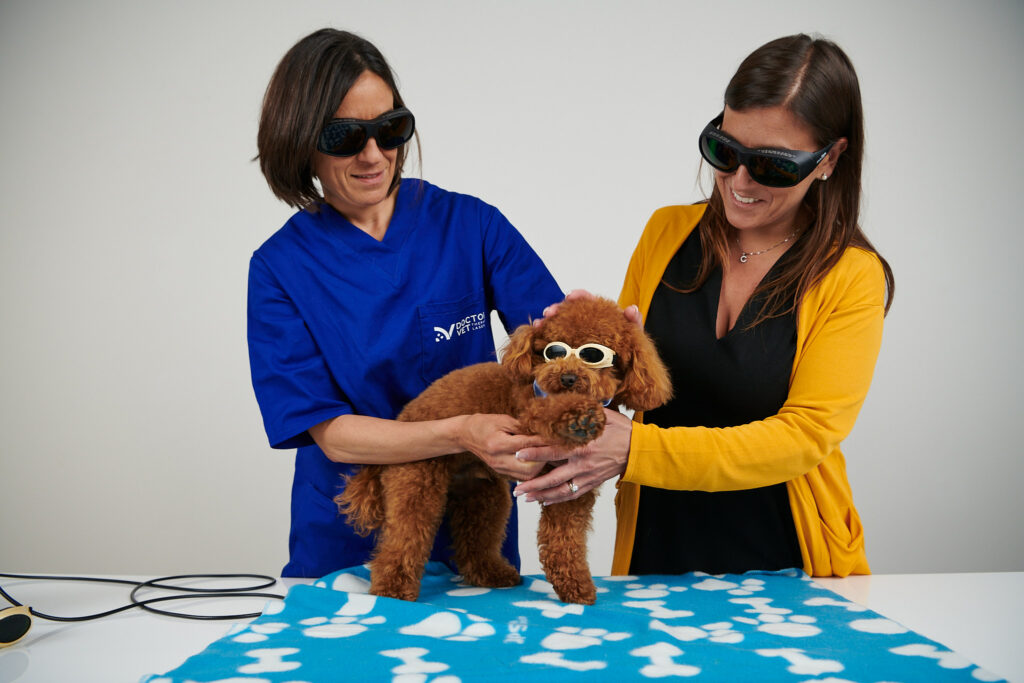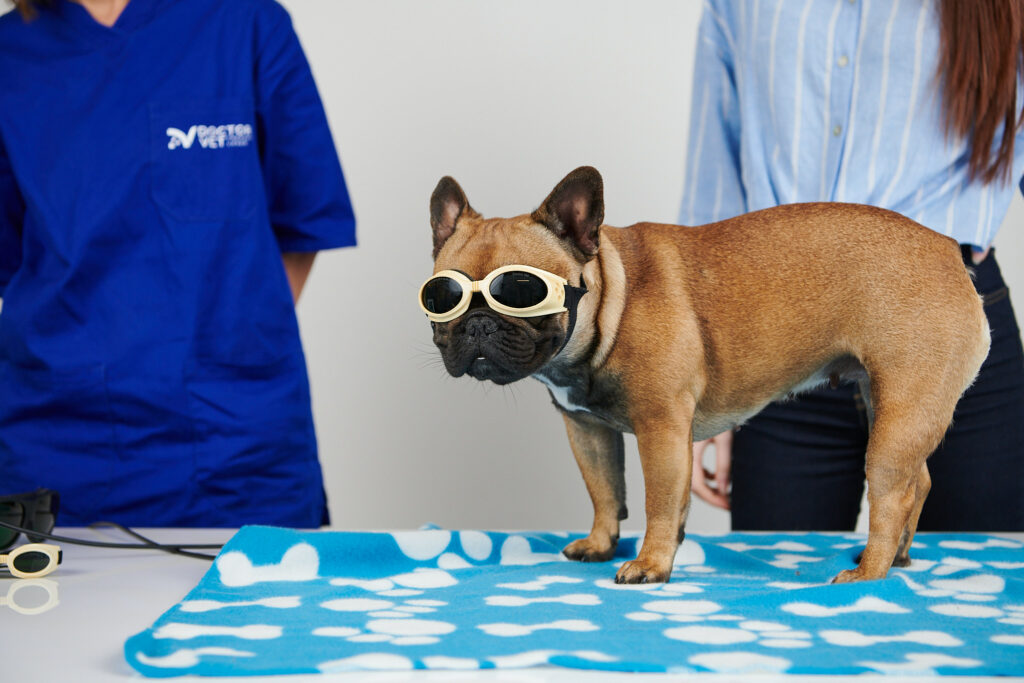Chronic enteropathies are a group of pathologies that present with persistent gastrointestinal symptoms. A number of different factors need to be diagnosed to establish therapeutic treatment. These factors may be genetic, environmental, dietetic or immune system related1.
Although there is less knowledge about genetic factors in veterinary medicine as there is in human medicine, it is known that certain breeds – such as the German Shepard or the Boxer – suffer from alterations in their innate response to intestinal bacteria. There are also some enteropathies of a hereditary nature, such as congenital cobalamin deficiency in Shar Peis1. Alterations in intestinal flora can lead to a chronic inflammatory response. Certain food intolerances also lead to these enteropathies2.
The symptoms are usually diarrhoea of varying consistency, weight loss and/or possible abdominal point tenderness.
It is important to perform a correct differential diagnosis to rule out exocrine pancreatic insufficiency and other metabolic and/or endocrine problems.
A clinical history of the patient is therefore important, as is anamnesis, a physical examination, image testing, faeces analysis, haematology and biochemistry, as well as histopathology3.
Treatment will vary depending on the eventual diagnosis of these enteropathies. Dietary control is important because 50% of patients respond to changes in their diet1. Depending on the problem, the use of antibiotics, treatment with corticosteroids or other immunosuppressants, or a combination of these may be necessary. Other therapeutic options based on the origin of the pathology may include supplementation with cobalamin and prebiotics4.

Seeing is believing!
Book a demo now to learn how DoctorVet works!
The immunomodulatory effect of laser therapy makes it an option in cases that involve autoimmune enteropathies5,6. When dysbiosis is also present, laser therapy can be useful due to its antimicrobial effect. Articles exist in support of this effect7. In veterinary medicine, an article was published by Dr. Alves in 2022 about a study conducted on 30 dogs with chronic idiopathic diarrhoea in which the effects of laser therapy were observed. It concluded that this therapy had beneficial effects on the various parameters that were studied when compared with the control group8.
DoctorVet has various protocols that can help treat such diarrhoea. Diagnosis is essential when establishing the correct protocol. A combination of the inflammation and/or antimicrobial protocols may be necessary in these cases.
If tolerated by the patient, the massage treatment head in contact mode using the scan application technique on the abdominal area to cover the bowels is most highly recommended.
If the patient is unable to tolerate contact mode, we recommend using the scan treatment head in non-contact mode while maintaining the same treatment technique.
The initial treatment schedule would be 2-3 sessions/week, gradually spreading these out once the effects of photobiomodulation start to be observed.


Via dell’Impresa, 1
36040 Brendola (VI)
VAT 02558810244
C.R. VI 240226
© Copyright 2016-2021 LAMBDA S.p.A. | Privacy Policy